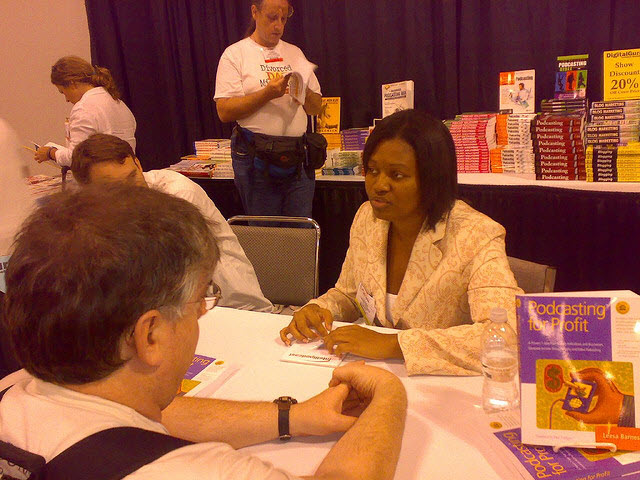I was reading an article written by Alex J. Walling, a writer with HalifaxLive.com on how miserably the organizers behind the American Basketball Association’s all star game failed in communicating with the media.
When the journalist asked the organizers why the media wasn’t informed in advanced about a cancelled game, they said:
“We went after a global audience by podcasting it.”
To which Walling said:
“I tried to download the podcast and gave up after having to answer a million questions to get it.
“I wonder how many people watched the podcast, let’s say in Sri Lanka, or Moscow and how will that be converted into selling tickets for the Rainmen? (the game was played in Halifax, NS).”
What’s the lesson here?
- Make your podcast easy to find. I had a similar problem when my client pointed me to their competitor’s website. It took me close to 15-minute and many dozens of clicks before I found their podcast. If you want people to listen to your podcast, don’t make it into a labyrinth.
- Don’t make podcasting your scapegoat. If you’re using podcasting in your overall communications mix, make sure it all works together. You can avoid this by planning ahead. But if your direct mail piece fails, don’t make podcasting the ugly duckling.
- Hire out your weaknesses, focus on your strengths. This is one of Alex Mandossian’s 10 Habits. When I heard him say this in a teleclass last week, I immediately put together a long document of all the administrative tasks I don’t like doing (my weakness). I’m in the process of transitioning these tasks to a virtual assistant. Similar to this situation. If you don’t know how to podcast, it’s easier to hire that task out.


0 Comments